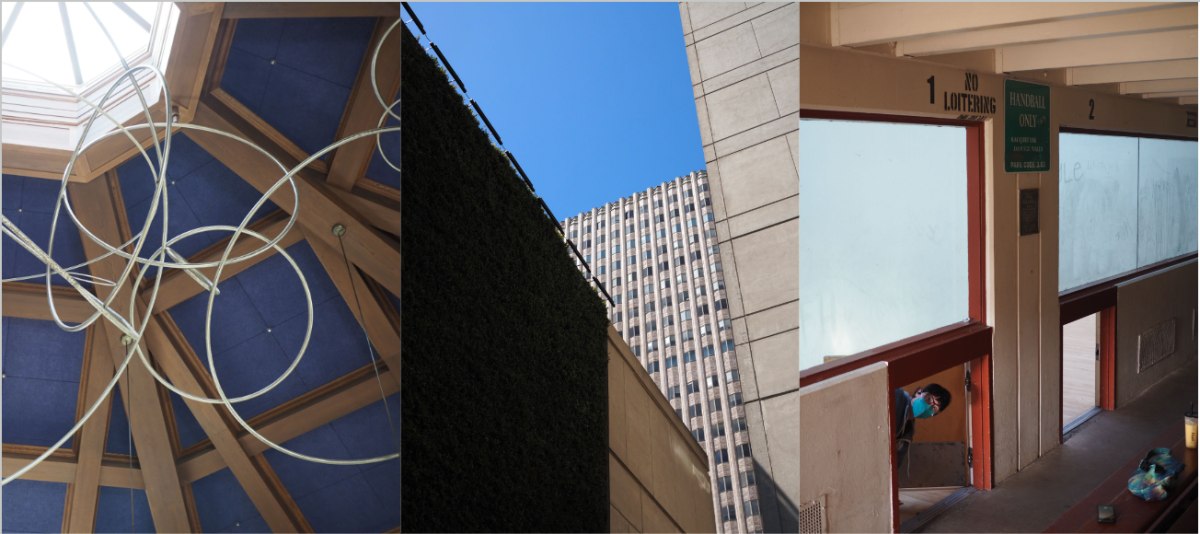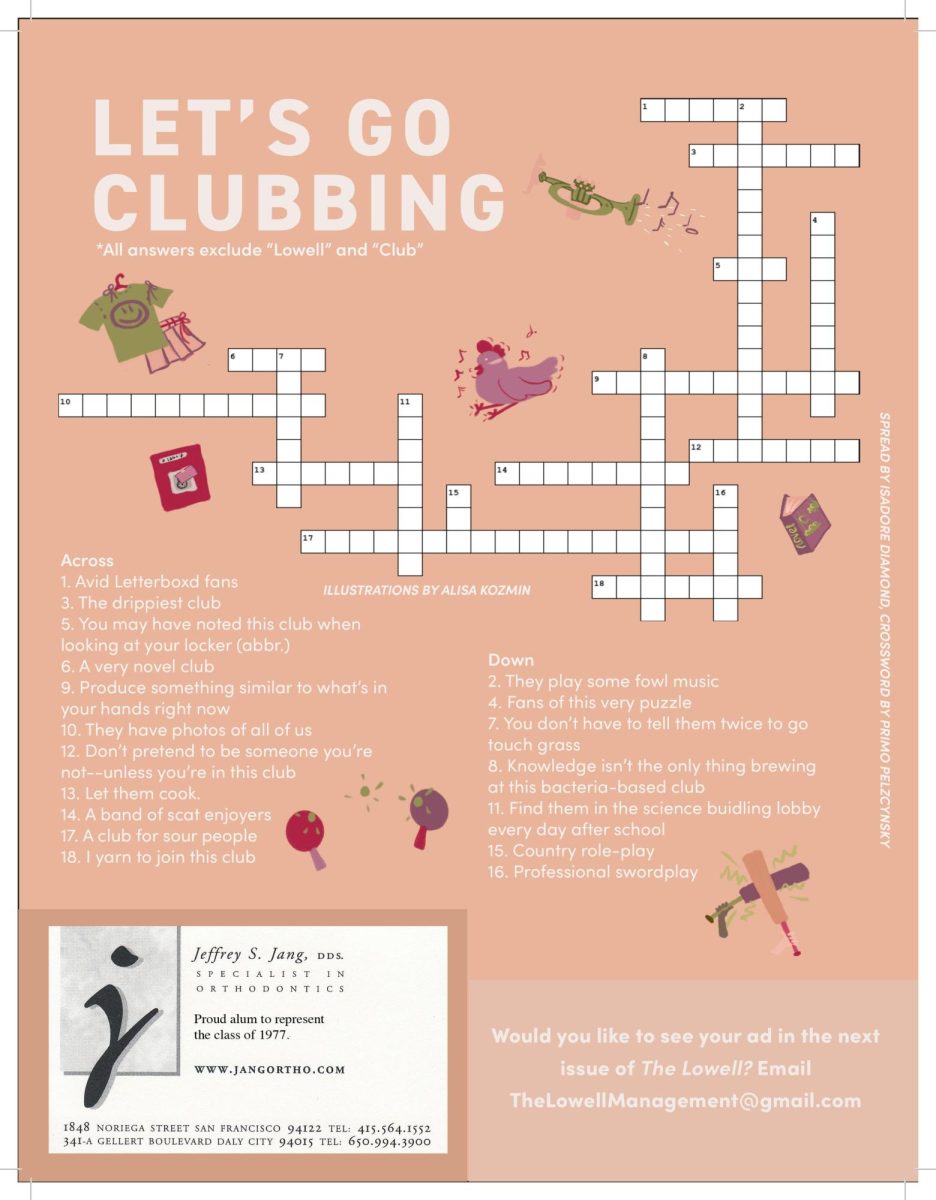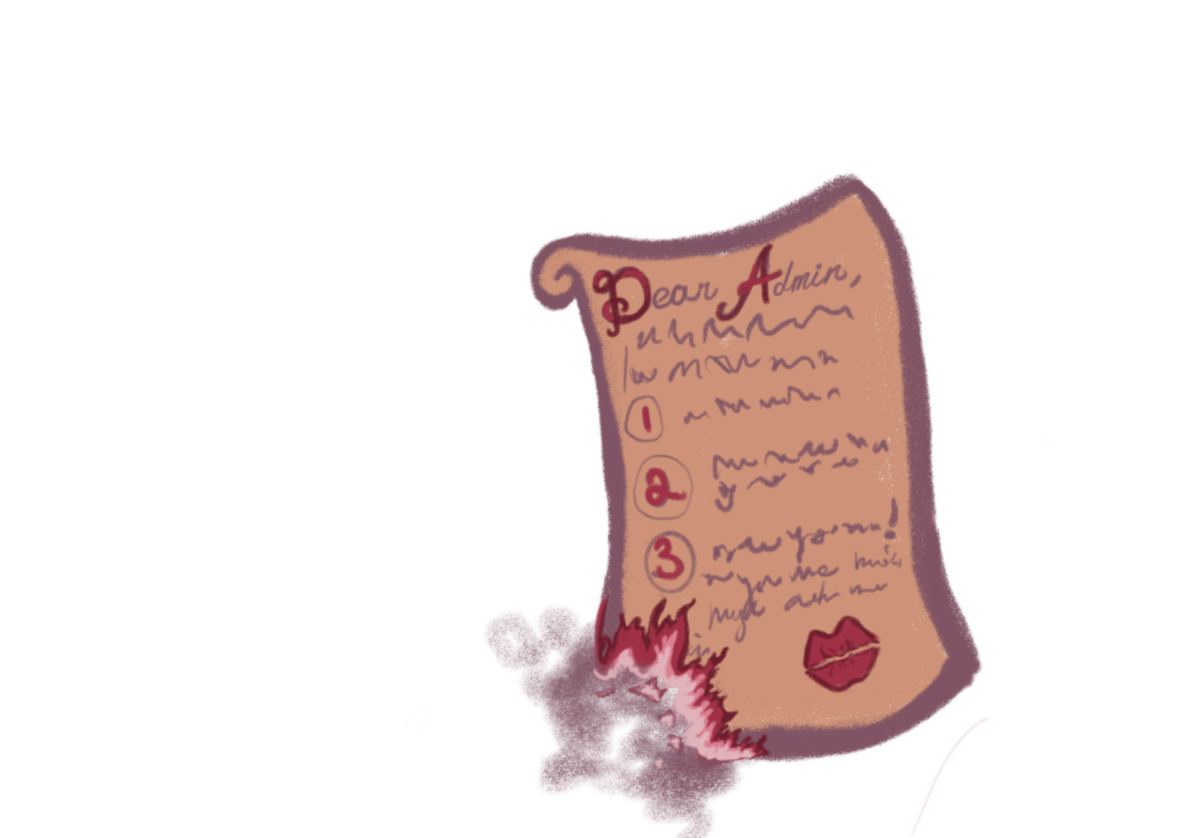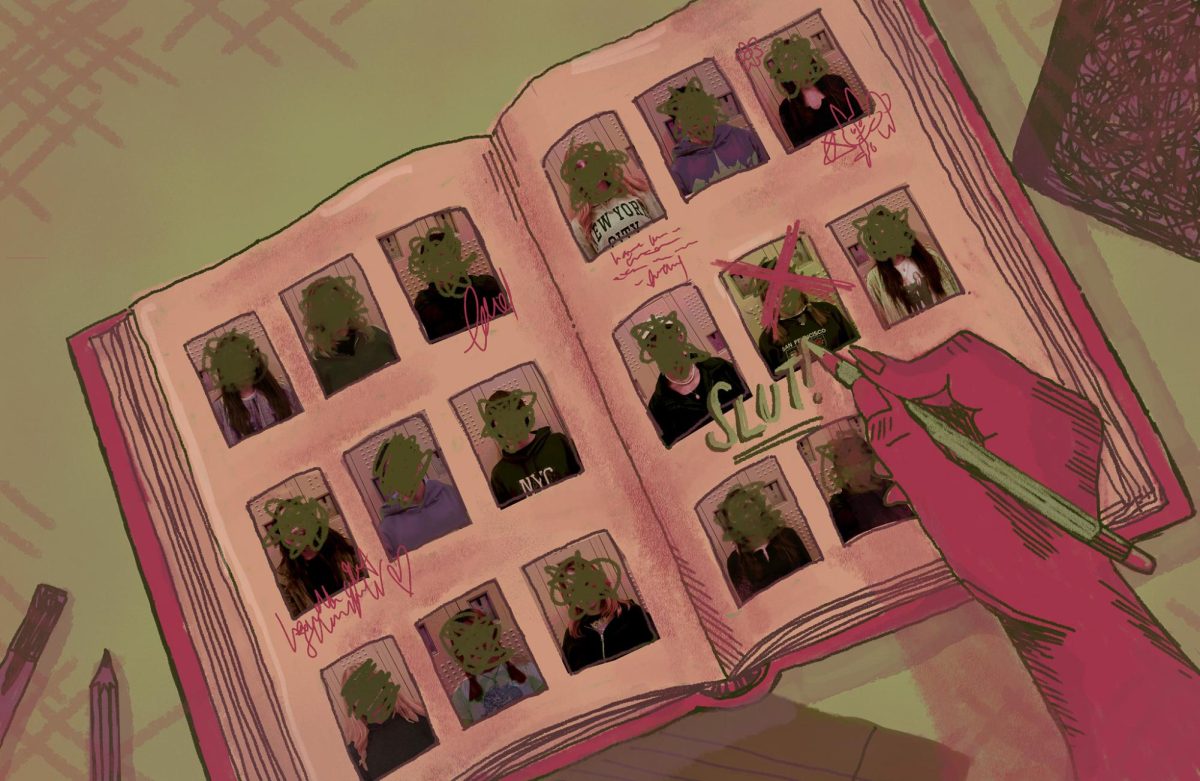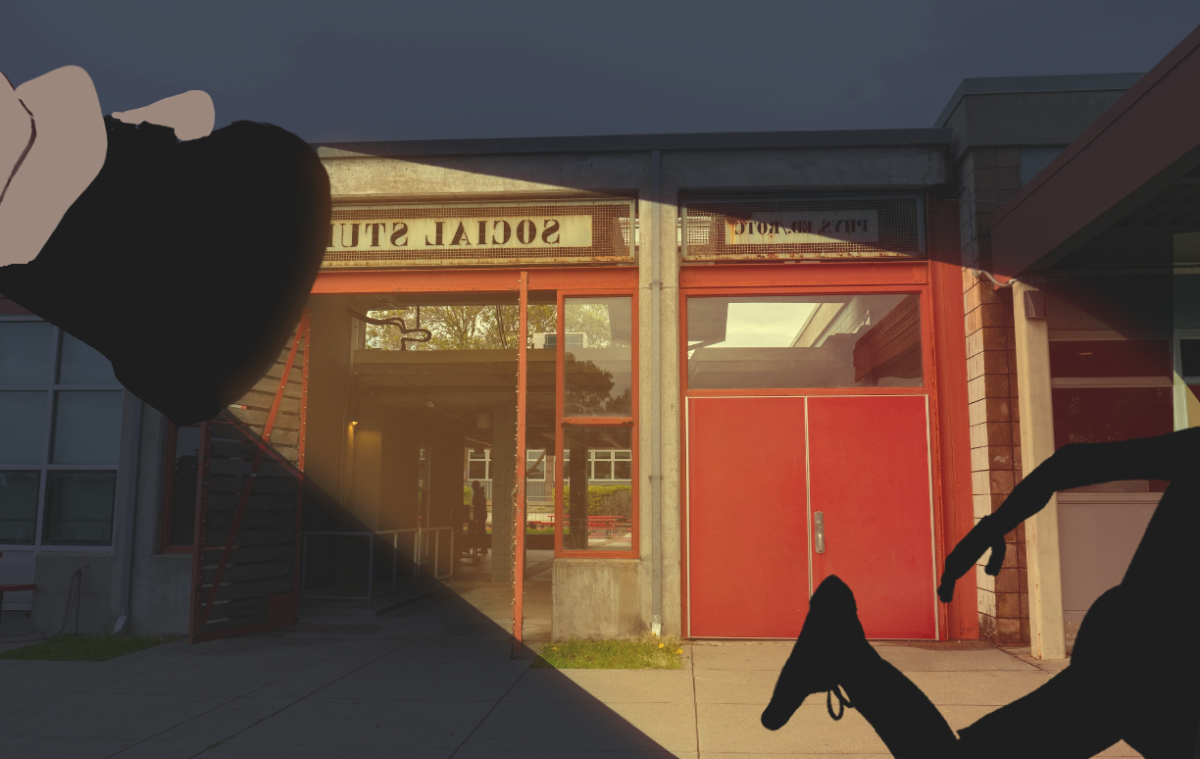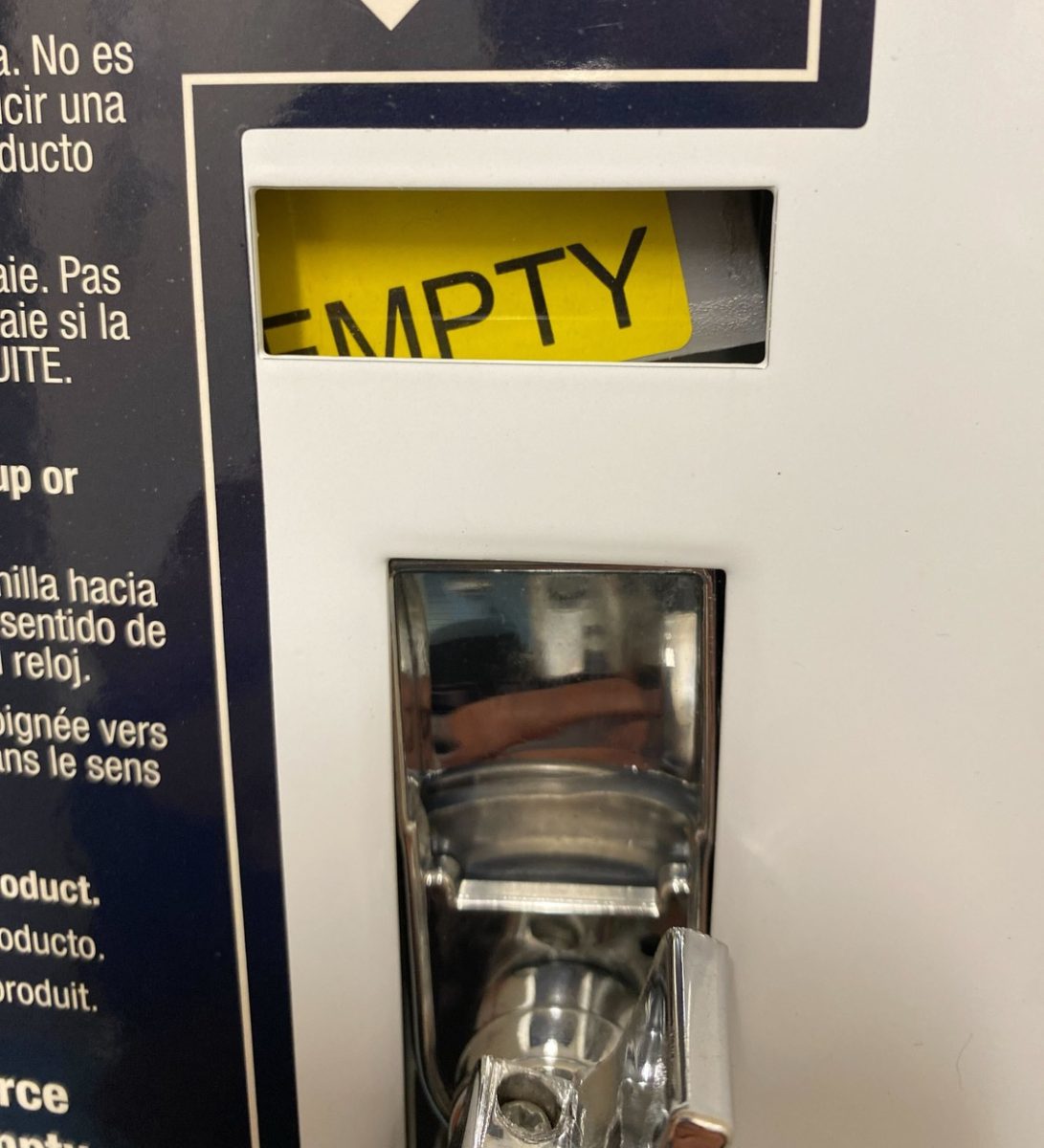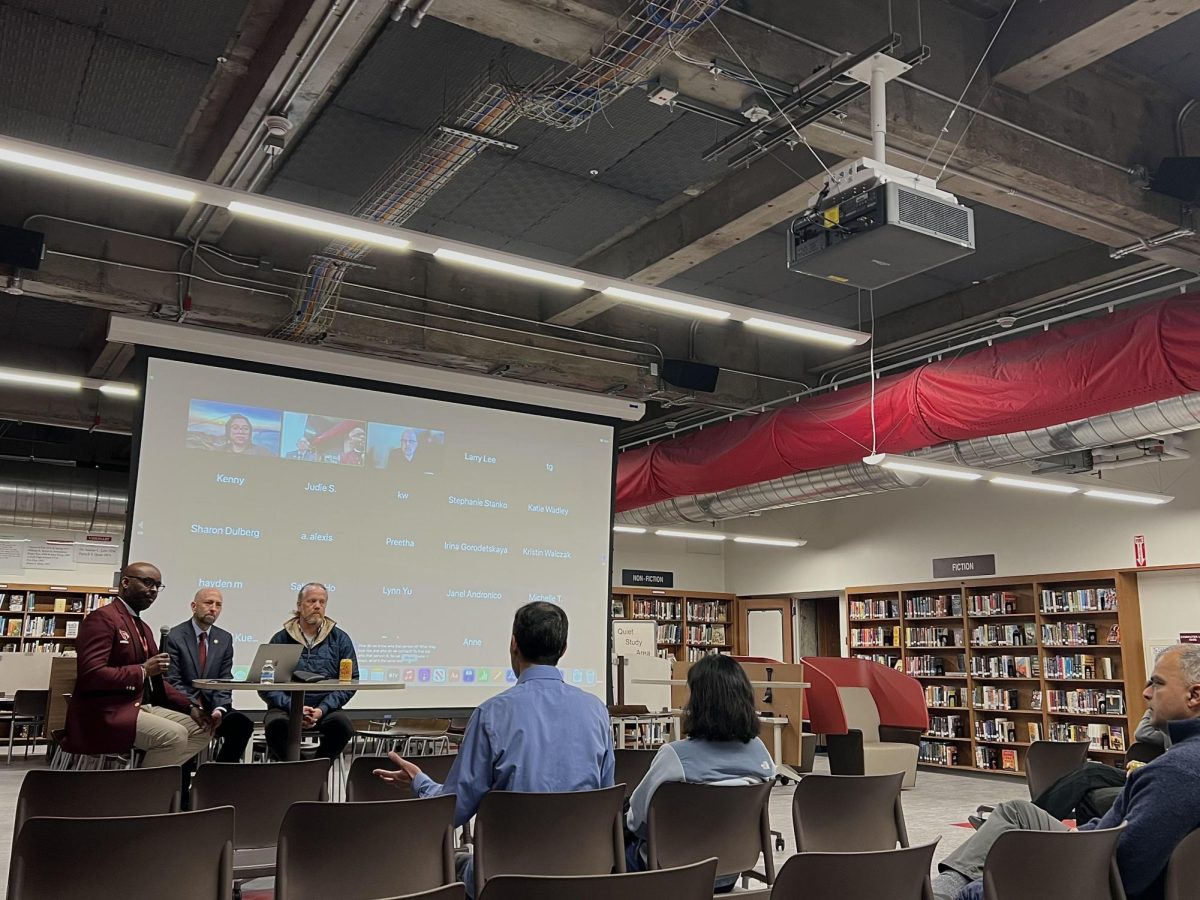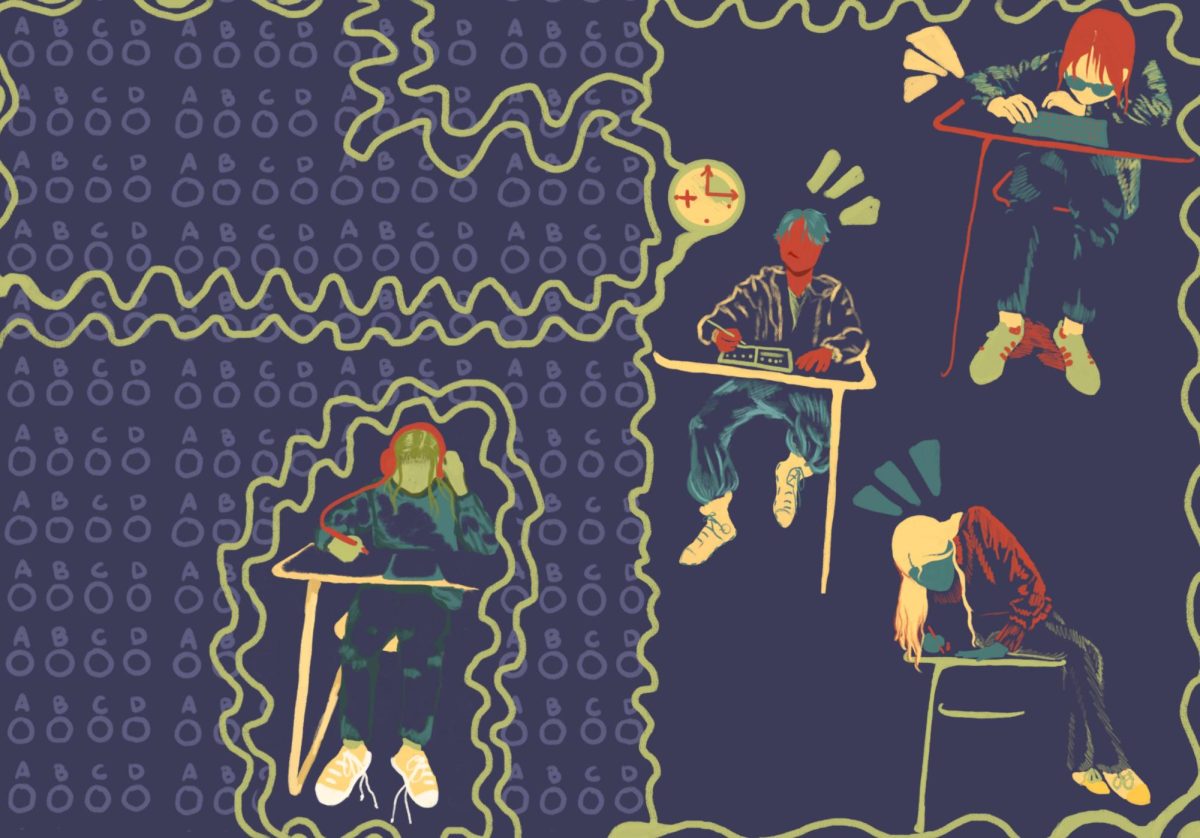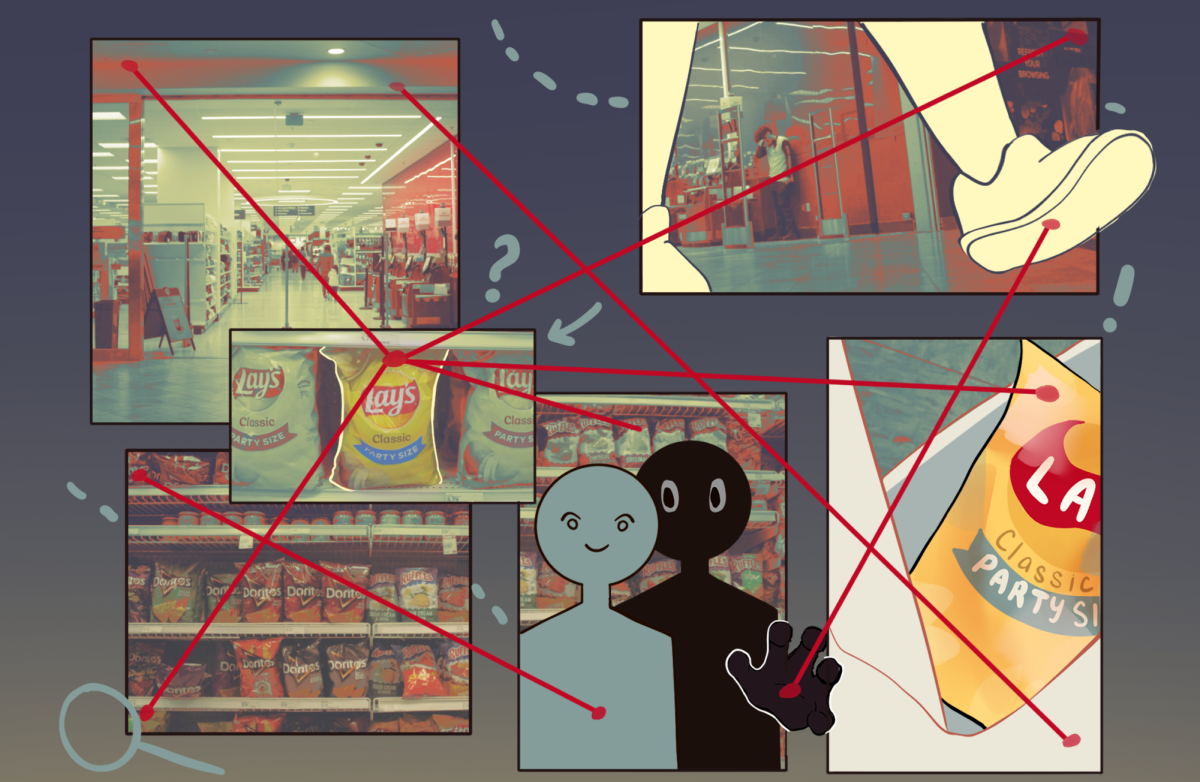By Sophia Wu
Originally published on September 18, 2015
A crowd of weary seniors sit crossed-legged on the dusty floor of the gym, their faces illuminated by a projection of a portrait of John Adams and bullet point list of his contributions to US history. It’s a cram session, and there have been four of them this week, all led by Advanced Placement United States History teachers.
These sessions are for over 200 seniors getting ready to take their second APUSH exam on Saturday morning, after the College Board decided their scores from last year’s test were invalid because of a proctoring error.
Seniors have to deal with college applications, SATs and ACTs in the month of September. But these frustrated seniors must also reach into the depths of their long term memory and dig out a year’s worth of historical content for the upcoming three-hour exam.
School administrators, frustrated too, are re-examining the confusing proctoring instructions that seem to have led to this mistake.
Seniors have to deal with college applications, SATs and ACTs in the month of September. But these frustrated seniors must also reach into the depths of their long term memory and dig out a year’s worth of historical content for the upcoming three-hour exam.
On the day of the original exam on May 8, 248 students were crowded into the gym and sat down in rows of carefully arranged desks. The exam, however, did not go as smoothly as planned. Because of an oversight in testing instructions made by the proctors, all students were given an extra fifteen minutes to complete the Free Response Questions section in part two of the exam, according to AP Coordinator Ivan Yee (who is now the Dean). By the end of the testing period, some students were aware that they had been given more than the allotted time, according to senior Anna Zhong. Some of those students tried to inform the proctors of the extra time given, but to no avail, according to seniors Kyle Adarne, Angela Ruan, and Kelsey Rasmussen.
The incident was reported right away on the day of the exam. Yee asked College Board, a company that manages nation-wide educational assessments including the AP exam, for a retake during the normally scheduled late exam period, but College Board did not give permission because they wanted more time to review the paperwork before deciding about the retake, according to Yee.
College Board and Educational Testing Service (ETS, the company that develops and administers educational exams like the SAT and AP tests) initially suggested that the retake take place in July, according to assistant principal Dacotah Swett. During the summer, ETS sent out letters to students’ homes on behalf of College Board, giving students the choice to either retake another version of the exam and receive a new score, or cancel their score and receive a refund. Students were required to fax their signed decision forms into College Board.
APUSH teacher Stephanie Belleville said she wishes that College Board had offered the retake last spring. “I feel like our students will do fine,” Belleville said. “But would I prefer for them to have done it at the end of the year when everything was fresh and they had studied and were not dealing with other courses? Absolutely.”
“Would I prefer for them to have done it at the end of the year when everything was fresh and they had studied and were not dealing with other courses? Absolutely.”
Senior Kayla My is taking the retake and said she has a lot to manage. “Last weekend was the ACT, this week is the APUSH retake that I didn’t have time to study for because I had a Calculus test and other smaller tests, and now I have to start studying for three SAT Subject tests which will be in two weeks,” My said. “Not to mention, I had to work on college apps and personal statements. I have not been procrastinating, I just have more on my plate than I can handle.”
Bellville believes that if College Board had issued the retake exam before the school year had ended, the 36 students who cancelled their taking of the exam would have been less likely to do so. “That is a shame to me, because they wouldn’t have reconsidered it in May,” Belleville said. “Now that it’s added on to their own lives, it’s something that’s making them think, should I put my energy here or there?”
Confusion about the test-taking times stems from the specific instructions written by College Board and ETS for the test proctors to read to the students. The 2014 exam explicitly instructed proctors to give students a “mandatory 15-minute reading period,” when students were not allowed to write their responses, in addition to the allotted time for writing. The 2015 exam was rewritten with instructions for a “suggested 15-minute period” within the allotted time for writing.
The proctors in the May exam gave students an additional 15 minutes, instead of including the suggested reading period in the total time allotted for writing.
Belleville, Swett and Yee each believe that the unclear wording of the instructions is what caused the APUSH test proctors to make the mistake.
“Last weekend was the ACT, this week is the APUSH retake that I didn’t have time to study for because I had a Calculus test and other smaller tests, and now I have to start studying for three SAT Subject tests which will be in two weeks. I have not been procrastinating, I just have more on my plate than I can handle.”
The 2015 AP U.S. History exam instructions tell the proctor to read the following out loud:
“Section II begins with a suggested 15-minute reading period. The reading period is designed to provide you with time to develop your responses. During the reading period you are advised to read Question 1 and plan your answer. If you have time, you may also read Questions 2 and 3…”
They later tell proctors to say:
“You may now open the orange booklet and begin the 15 minute reading period.” After 15 minutes, say: “The reading period is over. You should begin or continue writing your responses.”
Although “suggested” is used to describe the reading period, the instructions may be interpreted to imply that the reading period was designed specifically for reading and planning, not writing.
Tom Ewing, ETS spokesman, said in an email that the cause of the retake has “nothing to do with the new [2015] AP U.S. history exam.”
College Board seems to be trying to improve the instructions for the 2016 exam.
According to the College Board website, under the Important Changes 2015–2016 section, the 15 minute reading period is clarified.
“This [15-minute time period] is part of the overall Section II timing and must be given to students. Students are strongly encouraged to take full advantage of this time, which is designed to help them develop better-organized, higher-scoring responses; however, they are permitted to begin writing their responses before the reading period is over.”
Swett wrote a letter to the school district regarding a review and possible further action taken regarding the APUSH test and retake, but the district has not yet replied.
“We here at Lowell — we meaning the teachers, the administrators, the testing coordinators, anybody who is in charge of any of this stuff — we take it really seriously,” Swett said. “We want our students to do really well, and we want our students to get every advantage they have. We’re always looking for ways to make it better for you guys.”



